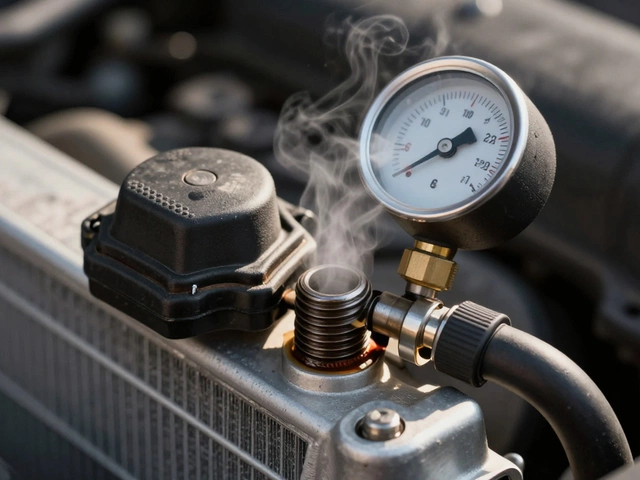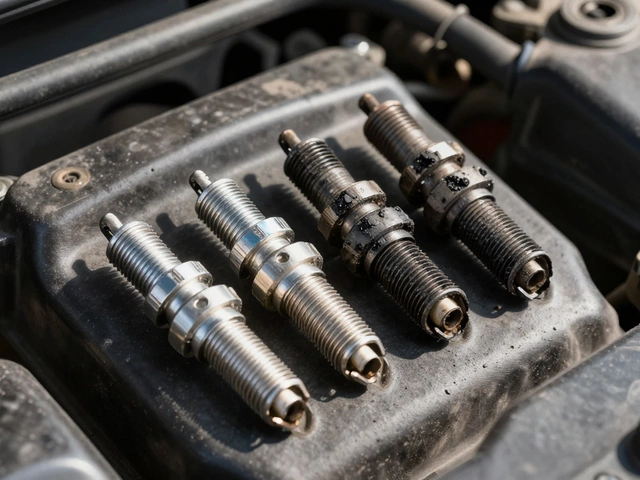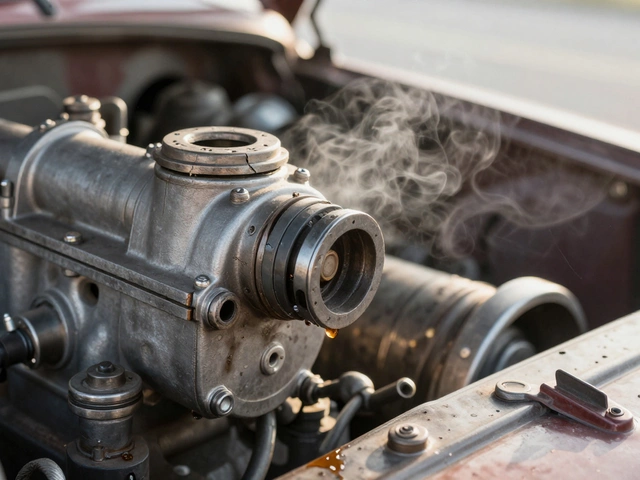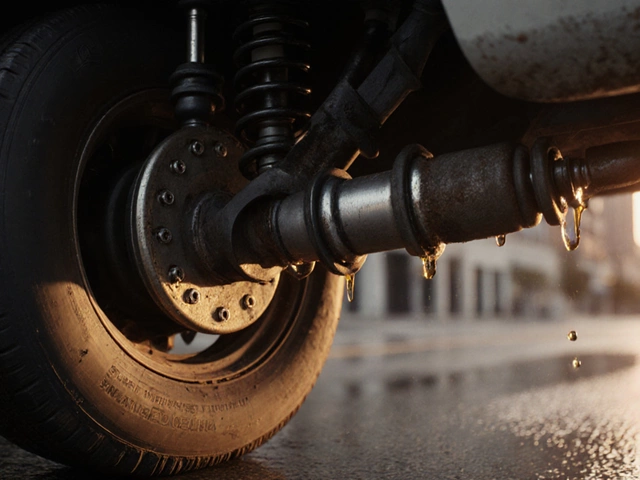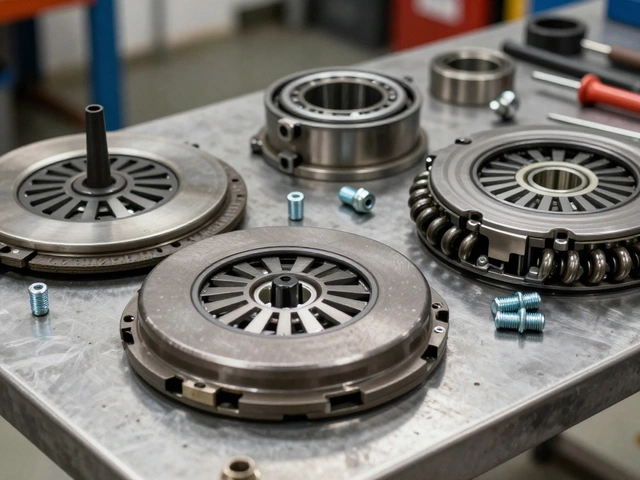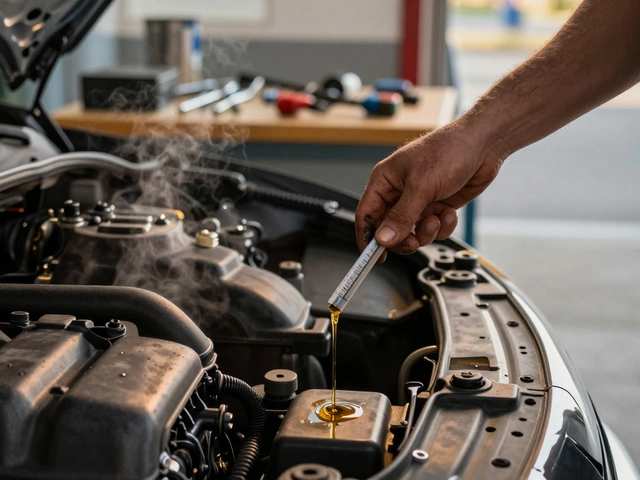Should I Upgrade to Alloys? The Real Deal on Benefits, Costs, and Drawbacks
Alloy wheels look great, but the hype can make you wonder if they're just a vanity upgrade. Before you spend cash, let’s break down what you actually get, what you might lose, and whether the price tag makes sense for your car.
Why People Love Alloys
First off, alloys are lighter than traditional steel rims. That weight reduction can shave a few tenths of a second off acceleration and improve handling, especially on twisty roads. The lighter unsprung weight also lets the suspension work more efficiently, giving you a smoother ride.
Beyond performance, alloys offer better heat dissipation. Brakes generate a lot of heat, and alloy wheels can radiate that heat away faster, reducing brake fade during hard stops. They also tend to be more corrosion‑resistant, so you won’t see rust spots like you might on steel wheels.
And let’s be honest—looks matter. Alloys come in a range of designs, from sleek mesh patterns to bold spoke styles. If you want your car to stand out in the parking lot, an alloy upgrade does the trick.
What You Might Be Giving Up
All that style and lightness comes at a price. Alloys are usually more expensive than steel rims, sometimes two to three times the cost. If you’re on a tight budget, the extra spend might not be justified.
Durability can be a mixed bag. While alloys resist rust, they’re more prone to cracking from hard impacts. Hitting a pothole or curb can cause an alloy wheel to bend or crack, whereas steel wheels might just bend and still be usable.
Maintenance is another factor. Alloy wheels often need regular cleaning to keep the finish looking sharp, especially if you live in an area with salty roads. Scratches or curb‑marks can be harder to repair compared to steel.
Finally, consider your driving needs. If you do a lot of off‑road adventure or regularly haul heavy loads, the robust nature of steel wheels might serve you better than a flashy alloy set.
Bottom line: Upgrading to alloys makes sense if you value improved handling, better heat management, and a sportier look, and you’re willing to pay the premium and keep up with maintenance. If you’re mainly after durability and low cost, stick with steel.
Still on the fence? Check out some of our recent articles that dive deeper into related topics: "What Happens If You Don’t Change Engine Oil?" for maintenance basics, "Best Exhausts for More Horsepower" for performance upgrades, and "Do Upgraded Clutches Really Make Cars Faster?" for a look at other ways to boost your ride.
Whatever you decide, make sure the choice fits your driving style, budget, and the look you want for your car. Upgrading to alloys isn’t just about aesthetics; it’s a balance of performance, cost, and upkeep.

Is Upgrading to Alloy Wheels Worth It? Pros, Cons, and Hidden Costs Explained
Thinking about swapping steel for alloys? Here’s everything no one tells you—costs, looks, performance, repairs, and if they’ll actually change your driving.
CONTINUE READING
